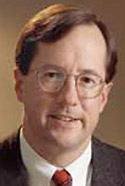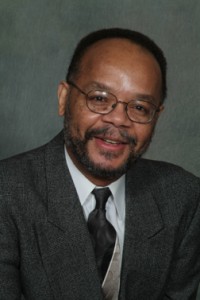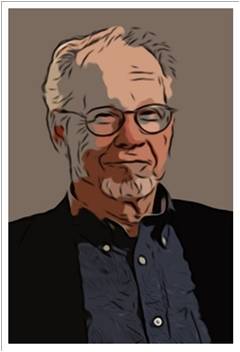For those of you who missed the talk this past Tuesday, here is University of Pittsburgh Professor Werner Troesken’s talk, “The Pox of Liberty: How the Constitution Left Americans Rich, Free, and Prone to Infection.”
Here’s a link to the book from University of Chicago Press, and here is a draft of the introductory materials.
 Doug Allen from Simon Fraser University
Doug Allen from Simon Fraser University

 Indeed, Mr. Valukas was appointed by federal court to determine the
Indeed, Mr. Valukas was appointed by federal court to determine the 

 John Maynard Keynes is the father of modern macroeconomics, and Keynesian economics and the welfare state have been inextricably linked in the public mind since the postwar era. Indeed, he is widely believed to have provided the analytical, economic underpinnings for the welfare state. Bradley Bateman, a recognized scholar of Keynsian thought, examines Keynes’s contributions with the backdrop of the recent financial calamities and the widespread fiscal crises of state and national governments.
John Maynard Keynes is the father of modern macroeconomics, and Keynesian economics and the welfare state have been inextricably linked in the public mind since the postwar era. Indeed, he is widely believed to have provided the analytical, economic underpinnings for the welfare state. Bradley Bateman, a recognized scholar of Keynsian thought, examines Keynes’s contributions with the backdrop of the recent financial calamities and the widespread fiscal crises of state and national governments.